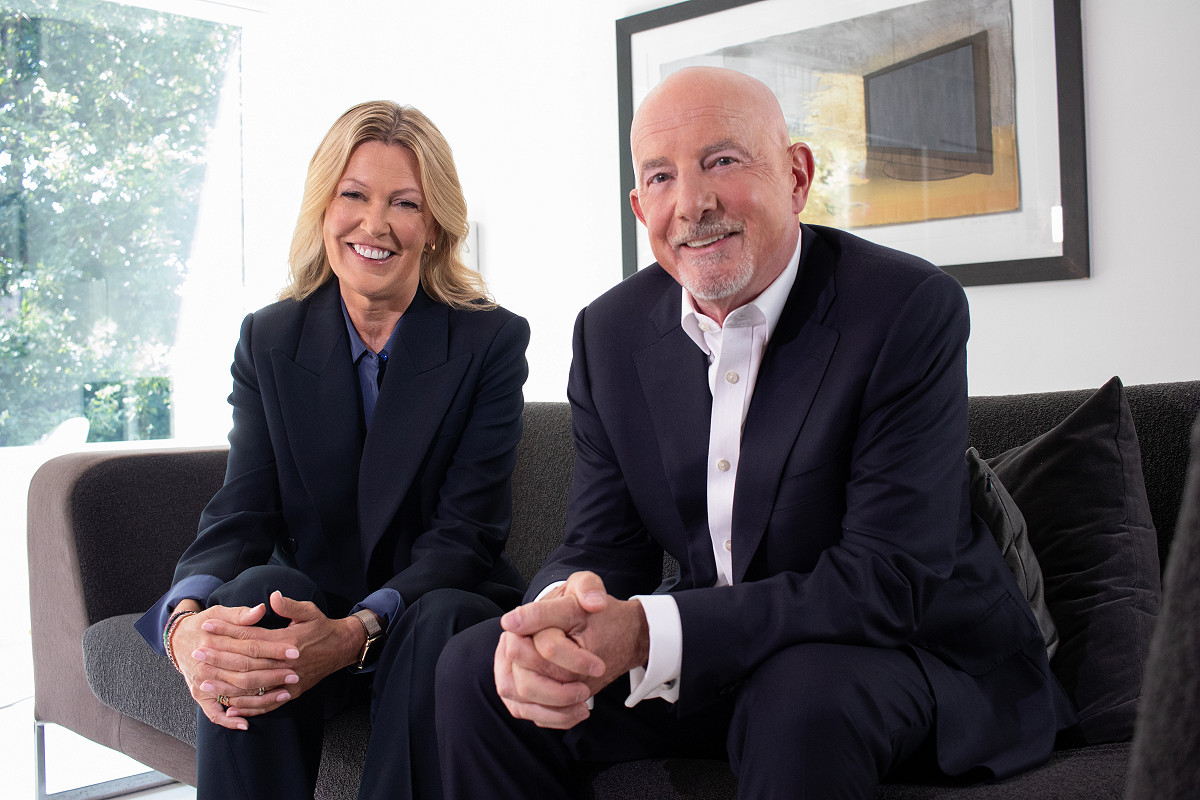Our mission
Solving specific challenges through effective, evidence-based philanthropy
Leveraging philanthropy as a catalyst for change, innovation and collaboration

We believe that effective, evidence-based philanthropy can help to turn the dial on solving many of the world’s most intractable problems. As a strategic charitable foundation, we support initiatives that seek to tackle these challenges in a collaborative, practical and scalable way.
Focusing on our specialist areas of science, technology, engineering, mathematics, conservation, biodiversity and early childhood development, we seek to achieve the greatest impact by launching charitable initiatives that leverage robust academic research, bring experts together and act as a catalyst for innovation and policy change.
Only by harnessing the power of STEM research can we begin to start solving many of the global challenges we face today. Advancements in technology and science have the ability to make our world a safer, more prosperous place.
Conserving our biodiversity is the single biggest challenge facing the world and is a central issue in how we respond to climate change. Only by bringing experts and stakeholders together – from global policymakers to the private sector – can we find solutions and policy changes that can be implemented on an international level.
The years from birth to age five are the most formative in a child’s life. Philanthropic investment in the ECD space is one of the most beneficial investments in human capital, with early intervention programmes in the developing world having the power to trigger far-reaching social and economic change.
Failing is an essential component of success – yet failure is a taboo subject in philanthropy. Too often, charities and non-profit organisations fear failure, yet from failure comes a higher probability of success. Learning from failures can produce faster results and, ultimately, generate a greater impact.
We give our charitable partners “permission to fail” – a concept to encourage smart risk-taking and to change how charities view failure. Much like in business, we believe that we can solve complex problems faster and more effectively when we allow charities not to be held back by failure.
One of the ways we realise our mission is by working with some of the leading non-profit organisations, universities and charities in the world. By focusing on our own areas of expertise, we work with our partners to launch new initiatives, programmes and fellowships, leveraging the talent and research capability within those respective organisations.
By shining a spotlight on a single, specific problem, our objective is to support the work already being conducted by our partners and ultimately provide a platform for innovation and collaboration that leads to new ideas, solutions and changes in policy and practice.
As a Trust, we believe in leveraging the talent within the UK’s higher education ecosystem and have worked with several world-renowned universities including the University of Cambridge, University of Oxford and the University of Southampton.
A key focus of our work is working across multiple disciplines, industries and sectors, which we believe is fundamental to problem-solving and delivering change. Complex problems are only solved by a sharing of different perspectives, and it’s this wide engagement that can generate practical and scalable solutions in a way that builds broader consensus.
This is a key theme and characteristic of our work, particularly across the fellowships and research-based initiatives, all of which seek to provide a foundation for collaboration across multiple disciplines – from the private sector, business and NGOs through to academia, education and the public sector.
The Cantab Capital Institute for the Mathematics of Information, founded by a £5 million gift from the Trust’s founders, engages with multiple industries and sectors that deal with the application of fundamental mathematics, including social scientists, economists, engineers and biomedical scientists.